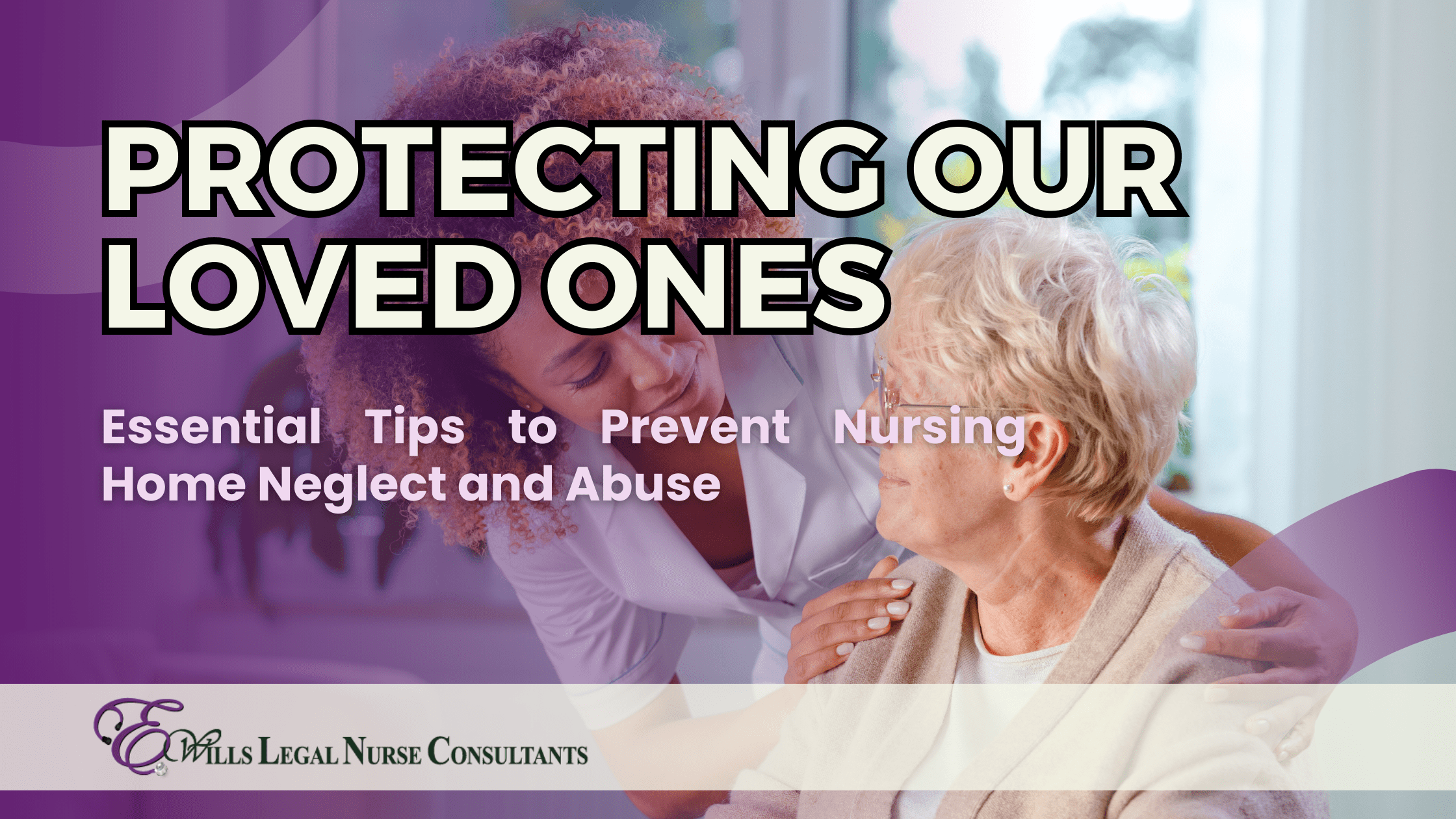Nursing home neglect and abuse are critical issues that can have a devastating impact on our loved ones. It’s essential for us to be informed and proactive in safeguarding their well-being. In this blog post, we will explore practical tips that can make a significant difference in protecting our family members from nursing home neglect and abuse. By being vigilant and taking action, we can ensure their safety and dignity. Let’s dive in and learn how we can be their advocates and champions in their time of need.
1. Speak Up!
When something seems suspicious or uncomfortable in a nursing home, don’t hesitate to voice your concerns. Your observations and worries are valuable, so share them with the staff, management, or authorities. Speaking up is the first step in initiating change and ensuring the safety of your loved ones.
- If you notice a consistent lack of staff presence, leading to delays in attending to residents’ needs, address the issue with the nursing home administration. Highlight the importance of prompt response times to prevent potential neglect.
- Should you observe any signs of verbal or emotional abuse towards residents by the staff or other residents, report it immediately to the management and provide specific instances and descriptions.
2. Regular Visits
Frequent visits to the nursing home not only provide an opportunity for quality time but also allow you to observe the living conditions and the treatment of residents. By establishing a bond with the staff, you can gain insights into the daily operations and detect any potential signs of neglect or abuse.
- During your visits, take note of the overall cleanliness of the facility. Look for any unaddressed hygiene issues, such as dirty common areas or foul odors. These signs may indicate a lack of proper maintenance or inadequate staffing levels.
- While interacting with the staff, pay attention to their demeanor and attitudes towards residents. A warm, compassionate approach indicates a positive work culture that promotes resident well-being.
3. Observe Carefully
Pay close attention to any physical signs, such as unexplained bruises, weight loss, or poor hygiene. Emotional changes, like sudden withdrawal or fear, should also raise concerns. Trust your instincts and investigate any red flags promptly. Early detection is crucial in preventing further harm and ensuring the well-being of your loved ones.
- Noticeable weight loss or signs of malnutrition can indicate neglectful practices. If you observe residents being served inadequate or nutritionally deficient meals, address the issue with the nursing home administration and inquire about the facility’s dietary protocols.
- If you witness a resident being consistently isolated, appearing fearful or distressed, it could be a sign of emotional abuse. Document your observations, record specific incidents, and report them to the appropriate authorities or advocacy organizations.
4. Communicate with Staff
Establish open and honest communication with the nursing home staff. Take the time to get to know them, ask questions, and discuss any concerns you may have. Building a positive relationship with the staff creates an environment of mutual respect and accountability, promoting proper care and attention for your loved ones.
- Engage in friendly conversations with the caregivers and nurses. Show genuine interest in their work and express appreciation for their dedication. By fostering a positive relationship, you can encourage open communication and create an atmosphere of trust and collaboration.
- Should you have concerns about your loved one’s care plan or notice a decline in their condition, schedule a meeting with the nursing home’s director of nursing or administration. Discuss your concerns and seek clarification on the steps being taken to address them.
5. Advocate for Rights
Familiarize yourself with the rights of nursing home residents. Understand what your loved one is entitled to, including dignity, privacy, and respectful treatment. Be their advocate and champion, ensuring their rights are upheld. If necessary, don’t hesitate to assert their rights and take appropriate action to address any violations.
- If you discover instances of privacy invasion, such as staff entering rooms without consent or discussing confidential resident information in public areas, bring it to the attention of the nursing home’s privacy officer or administration. Advocate for your loved one’s right to privacy and demand appropriate measures to maintain confidentiality.
- If you encounter resistance or indifference from the nursing home staff regarding your concerns, reach out to local advocacy organizations, such as ombudsman programs or elder rights groups. These organizations can guide you through the process of filing complaints and ensure that your loved one’s rights are protected.
Our loved ones deserve to live in a safe and caring environment, free from neglect and abuse. By implementing these simple yet powerful tips, we can be their voice and protect them from harm. Let’s remain vigilant, speak up, and advocate for their rights. Together, we can create a culture of compassion and ensure the well-being of our cherished elders in nursing homes.
Remember, their comfort and safety are in our hands. Let’s make a difference and protect those who have contributed so much to our lives.
If there are concerns that your loved one has been harmed or have fallen victim to a suspected abuse or neglect, seek legal representation to have those questions answered. If you are an attorney and have questions or need help sorting out facts relevant to suspected abuse or neglect in a nursing home case, contact us and allow nurses with experience in nursing home care, standards of practice, and regulations to help you!

